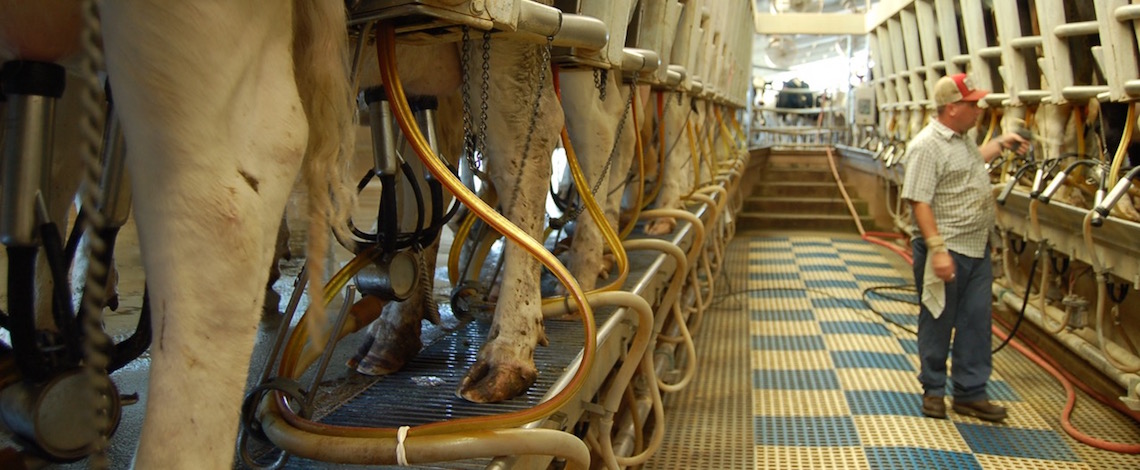
File Photo
Written by Ben Hensley and Gabriel Dillard
Nisei Farmers League President Manuel Cunha Jr., and Vice President Luis Ramirez have developed a proposal for a six-day workweek for farmworkers they say would restore hours cut after new overtime requirements in 2019.
The proposal would add one day to the work week for farm workers — from 40 hours to 48 hours — before time-and-a-half overtime rates kick in.
Assembly Bill 1066, signed by Gov. Jerry Brown in 2016, enacted higher wages for farmworkers while reducing the workweek from 60 to 40 hours at regular pay. The Nisei Farmers League — a Fresno-based organization that lobbies on behalf of area growers on issues including labor — said in a news release that the voices of farmers and farm workers were overlooked in implementing this rule.
“Nisei Farmers League believes that a 48-hour work week is the most valued to a worker,” according to the release. “Any hours over 8 hours a day would be considered time and a half. This will benefit both the employer and the employees.”
SB 1066 led to fewer hours and lower weekly earnings, especially for workers who had been employed more than 50 hours a week before 2019, according to a July 2024 article in the University of California’s Rural Migration News. Data suggested employers tried to avoid paying overtime by limiting most workers to 40 hours a week.
The types of agricultural workers most affected were dairy and other animal workers, equipment operators and irrigators, according to the UC article.
The Nisei Farmers League said the loss of 20 hours a week led to a reduction in wages of $320 per week, $1,387 a month and $16,640 a year.
Projected end-of-year earnings for farm workers under the new 48-hour work week plan are estimated to be approximately $41,184 in 2025. Before the hour restrictions began in 2019, farm laborers would make approximately $49,920.
“When asked if they would be willing to work an 8-hour shift on the 6th day for regular pay, their response is a resounding ‘yes,’” a news release from the league said. “They emphasize the importance of working as much as possible to support their families.”
In February, Sen. Shannon Grove (R-Bakersfield) introduced SB 628, which would establish a payroll tax credit allowing farm employers to offset the cost of overtime wages paid to employees. It failed to pass out of the Senate Committee on Labor, Public Employment and Retirement on Wednesday.
Other states offer a refundable personal or corporate income tax credit for employers based on overtime wages paid.
“It is disappointing that the California State Senate failed to show the same bipartisan leadership we’ve seen in New York and Oregon,” said Natalie Collins, president of California Association of Wine Grape Growers, in a news release. “SB 628 would have provided a dollar-for-dollar tax credit on overtime wages paid to farmworkers, delivering targeted relief for growers, supporting workers, and strengthening the rural communities that rely on a strong agricultural economy. This isn’t an untested idea; it’s a proven, common-sense solution. We urge the California Legislature to reconsider this legislation as soon as possible.”








